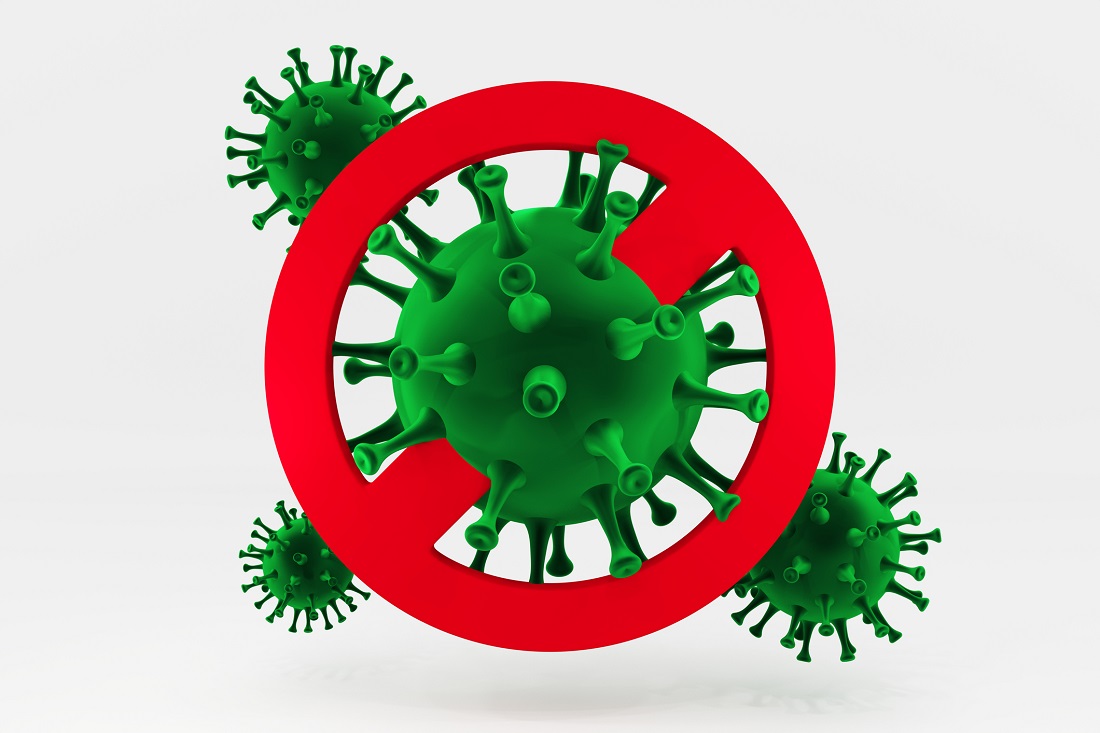A consumer group has called on the European Commission to ensure that food safety and consumer protection are not compromised during the coronavirus pandemic.
Foodwatch has written to Stella Kyriakides, the European Commissioner for Health and Food Safety, to express concern about a regulation adopting temporary measures to tackle disruption in the control systems of EU countries.
The group said the crisis must not be used to lower the frequency and quality of control requirements and food checks must not be delegated to private companies. It added it is more important than ever that citizens trust the EU is protecting their health and safety.
The EU legislation around human, animal and plant health and animal welfare gives countries more flexibility to do official controls in the food supply chain. Member states had told the Commission that restrictions on movement of people was making it hard to conduct official controls and other activities in line with EU legislation.
Areas affected are clinical examination of animals, certain checks on products of animal origin, plant products and on food and feed of non-animal origin, and testing of samples in official laboratories designated by member states.
The measure gives temporary flexibility for control authorities to use remote communication and electronically submitted documents for checks. It is initially limited to two months and will be reviewed based on experience.
Not the time to water down rules
Countries wishing to use it have to inform the Commission and other member states. Foodwatch asked Commissioner Kyriakides to make public any applications from nations for temporary measures allowed in the regulation.
The watchdog group said these measures reduce safety checks and open the door to relaxing existing rules, giving an example in France where it claimed a difference between the recipe and labelling of the product is now tolerated under certain conditions.
“The Coronavirus pandemic in no way justifies any attempts by the food industry to weaken the legal requirements for food safety and consumer protection. The only way we can learn and move on from this crisis is to strengthen surveillance in Europe, to network it more intelligently and to make it fully transparent to the public. This is not the time for the quality or quantity of food inspections to be watered down.”
In the letter, Thilo Bode, of Foodwatch, said it is the duty of food authorities in each country to ensure specified inspection frequencies are adhered to and that inspection staff are adequately equipped.
“Should it be proven that, due to protection equipment shortage or staff shortages (e.g. illness, quarantine) as a result of the coronavirus crisis, an authority is temporarily unable to carry out food controls to the specified extent, this is acceptable for a short period of time – provided that the authority fulfils its obligation to make transparent how many controls it has to carry out, how many it usually carries out and how many inspections in which areas over which period of time are cancelled due to coronavirus.”
(To sign up for a free subscription to Food Safety News, click here.)

